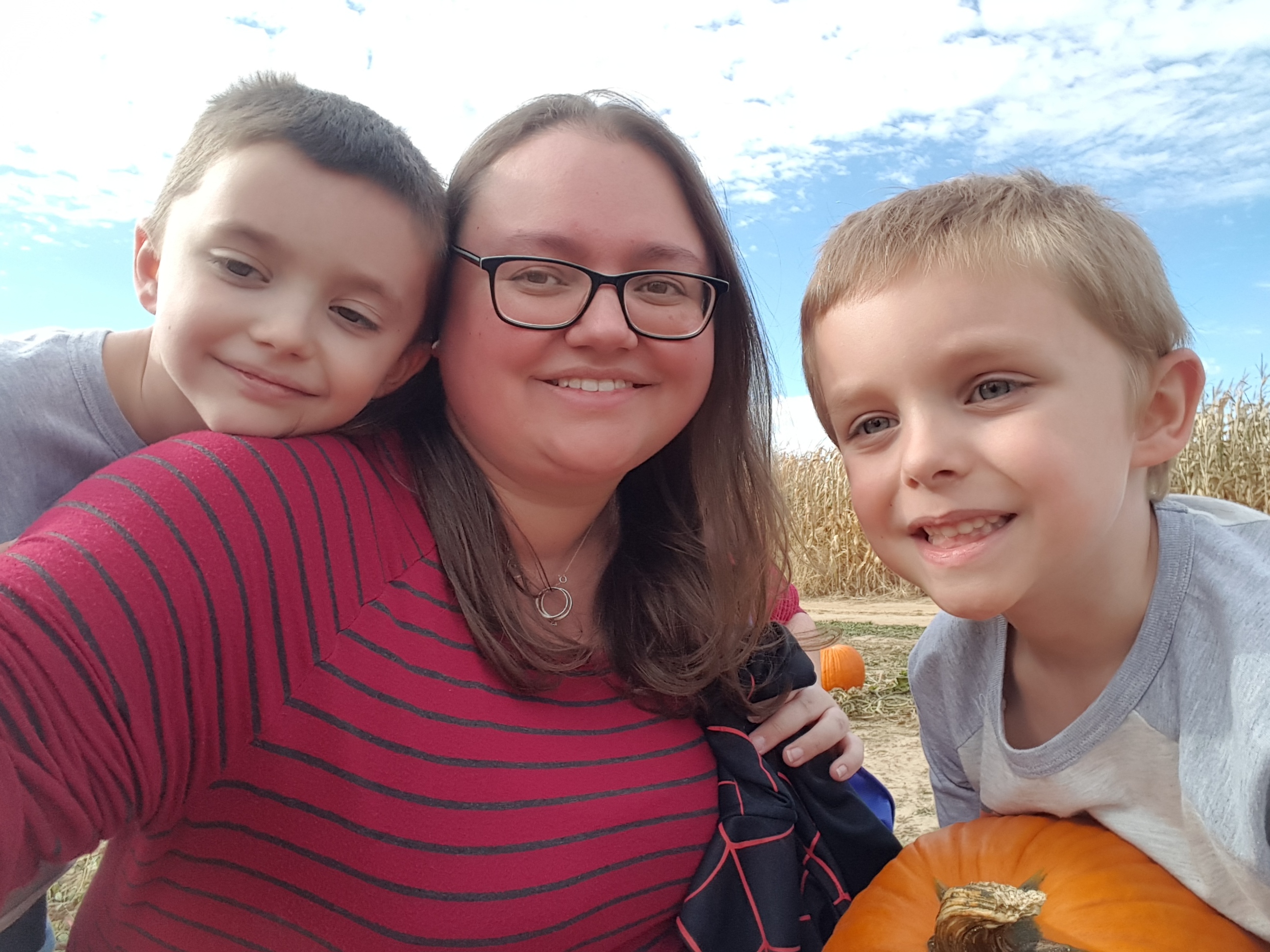ARFID in the News
- Nina Brown

- Sep 3, 2019
- 4 min read

I’ve been sitting here waiting for someone to share this news article with me and I’m pleasantly surprised with my circle of friends who have not taken it upon themselves to “educate me” in the dangers we could face. So, what news article you ask?
Headline: “
’”
Trust me. I’ve read the articles on several different news sites and my heart truly does go out to the family. This is a prime example of the worry we face as a family of an ARFID sufferer that the avoidant, restrictive nature of Alex’s eating habits will cause irreversible and life long effects.
If you haven’t read about this yet, the article describes a teenager who began having issues with food in elementary school, only eating certain textures. In the accounts I read, it wasn’t until the age of 14 that he started getting medical intervention for the effects that his poor diet was causing on his body. By this time, a lot of the damage was already done. Scariest thing for me as a parent… the fact that this kid had a wider variety of foods that included some sort of meat in his diet which my son lacks entirely.
One particular article posted in USA TODAY
starts off the article with “Here’s another reason to eat your veggies.” A fear tactic that so many of us parents of ARFID sufferers have heard in one form or another.
"Oh he’s so much shorter than his brother. He should be drinking more milk.”
or
"His bruises are so bad! Is he getting enough vitamin K?”
What the world of ARFID patients and families need less of is fearmongering and in needs to be replaced with understanding and support. “This must be difficult for you. Please let me know if I can help.” That’s the kind of communication we need from those around us. I have to believe, for my own sanity, that we won’t suffer the same fate as this teen and his family. For starters, we are already seeking mental health services for his eating issues at the age of 6 and have taken it upon ourselves to seek out help outside of our primary care physician. Don’t get me wrong, I’m not saying that the family of the teenager in question were wrong in their actions. I just have to have the reassurance knowing I’m doing everything possible for my child to overcome his fears. This disorder is a very difficult one to live with and to fully understand. Just look at the tag line they used on the article I linked to kick off this whole blog post… “He was reportedly a fussy eater.”
Let me repeat those words, “fussy eater.”
Being “fussy” means hard to please, difficult, finicky, selective... it implies that the person has some degree of control and is just being demanding by nature. Is my son selective? Yes. Is it difficult to find him something he likes and can tolerate? Extremely. But there is so much more behind it that the term “fussy eater” is an insult to the level of difficulty that he faces. It’s not just the parents catering to their whims and throwing our hands up, giving in to the situation. If you go to the doctor repeatedly and are told how your parenting is to blame over and over and over again, you tend to start believing it. You may stop looking for a better way out. You may stop and go down the path of taking away their video games as punishment. You get nowhere and may even take a few steps backwards in the process. This is the world of "help" most families receive when dealing with ARFID and many just give up. Not for lack of love or caring for our children but because we truly feel like there is absolutely nothing anyone can do for us.
The biggest problem families and patients of ARFID face is the lack of education and support. I have discussed ARFID with people even in the medical field and been faced with raised eyebrows and had concerns that I have felt have been brushed aside simply because they don’t understand the purely anxiety driven motives behind his poor eating habits. While I wish this teen never had to go through the hardships and struggles he’s faced and has to overcome in his future, I hold onto hope that this will help to raise awareness for the monster our loved ones are battling. One of the articles posted on CNN stated, "There is a need to pick up on eating problems such as these as early as possible so the issue around limited textures and tastes can be addressed." Well… duh. But what resources are these doctors and therapists giving us to address these issues?
My hope for the future? That every pediatrician, ER doctor and general practice physician out there begin to recognize and understand ARFID on a diagnostic level so that maybe, just maybe they can find a truly effective treatment path. A recent trip to our urgent care listed my son’s diagnosis as “anorexia nervosa.” Keep in mind that he is 6 years old. One of the key components of anorexia in general is having distorted thoughts about your body image. He doesn’t see himself as skinny or fat. He’s not watching what he eats to get a certain number on the scale. This is deeply rooted in his mind and bigger than any rational voice he has surrounding food. For him and so many others who meet the ARFID diagnostic criteria, this is his inner monster and completely out of his control.


Yorumlar